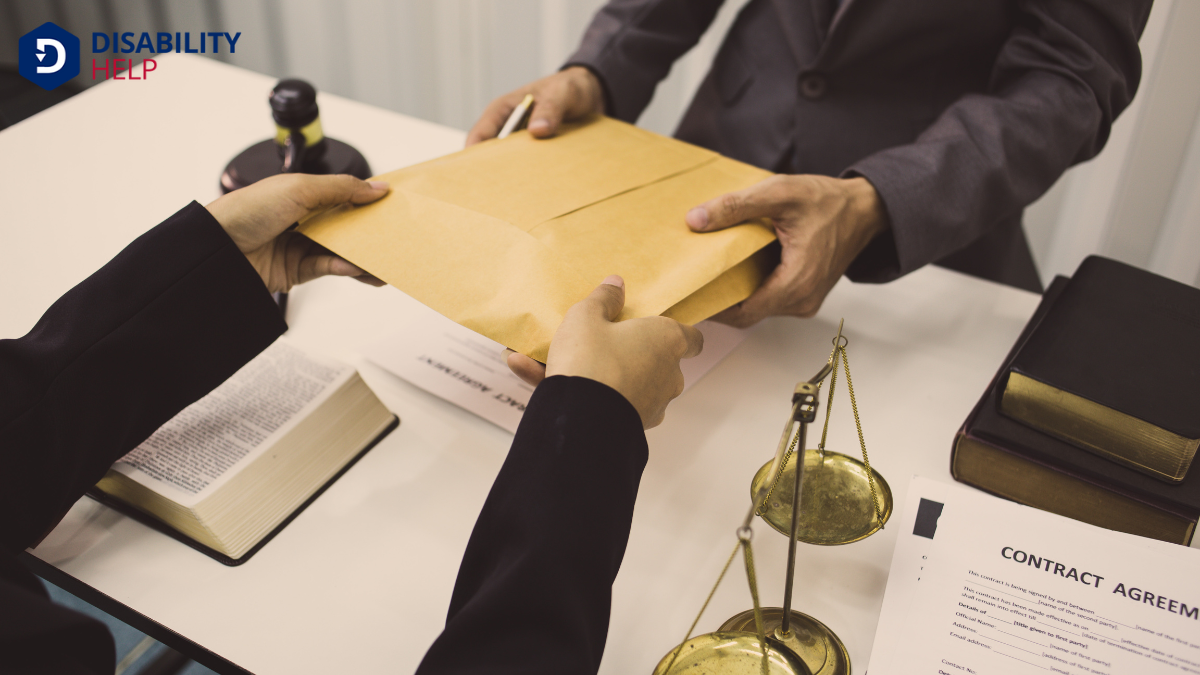When negotiating personal injury settlements, we focus on understanding the unique aspects of each client's situation. By gathering solid evidence and valuing the claim accurately, we guarantee a strong foundation for negotiation. Communicating effectively with insurance companies is essential, as is employing strategic tactics to advocate for fair compensation. There's also something to be said for leveraging expert testimonies. But how do we navigate these complexities to achieve the best possible outcome?
Key Takeaways
- Lawyers gather comprehensive evidence, including medical records and witness statements, to build a strong case for negotiation.
- They assess the claim's value by calculating medical expenses, lost wages, and pain and suffering.
- Effective communication with insurance companies is maintained to present the full extent of the client's injuries.
- They employ negotiation tactics, establishing a realistic settlement range and addressing objections persuasively.
- Active listening and empathyThe ability to understand and share the feelings of another, particularly important in understanding... are used to understand the client's situation and advocate effectively during negotiations.
Understanding the Client's Case
Grasping the nuances of the client’s case is essential in personal injury negotiations. We must understand the client's story deeply and identify the key elements that will impact the outcome.
Our first step involves listening actively to gather every detail of the incident and its aftermath. By doing so, we can empathize with the client, seeing the situation through their eyes, and build a strong foundation for negotiations.
We analyze the injuries, circumstances, and the effect on our client's life. Recognizing these aspects allows us to anticipate the opposition's strategies and prepare responses.
We also need to learn about any financial losses and emotional impacts. This thorough understanding guarantees we advocate effectively, aiming for a fair settlement that addresses our client's needs.
Gathering and Presenting Evidence

Compelling evidence is the cornerstone of successful personal injury negotiations. We can't underestimate how vital it's to gather detailed and accurate evidence right from the start.
First, we collect medical records, police reports, and any other official documents related to the incident. These provide a factual basis for our claims.
Next, we seek witness statements. We understand their firsthand accounts can markedly strengthen our position.
Photographs and video footage of the scene and injuries are also invaluable. They offer a visual representationThe way people with disabilities are depicted in media, culture, and politics, often influencing pub... that words sometimes can't fully convey.
Once we've gathered this evidence, we present it logically and persuasively, highlighting the connections between the evidence and the case. Our goal is to create a compelling narrative that underscores the legitimacy of our client's claims.
Calculating the Value of the Claim
Let's start by understanding how we calculate the value of a personal injury claim.
We'll need to assess medical expenses, evaluate lost wages, and consider pain and suffering.
Assessing Medical Expenses
Determining the value of a personal injury claim starts with a thorough assessment of medical expenses.
We begin by collecting all medical records and bills related to the injury. It's essential to include costs for hospital stays, surgeries, medications, and any ongoing treatments like physical therapy.
We also account for future medical needs that the injury might require. To guarantee accuracy, we consult with healthcare providers to understand the full scope of necessary medical care.
Evaluating Lost Wages
When evaluating lost wages, we must consider the impact of the injury on our client's income. We start by examining how much work our client missed due to their injury. Did their time away result in lost paychecks or missed overtime opportunities?
We also look at any sick or vacation days used during recovery. Calculating these losses helps us determine how much income our client was unable to earn.
Next, we examine the injury's potential impact on future earnings. If our client can't return to the same job or must reduce hours, it can notably affect their financial future.
We gather documentation like pay stubs and employment records to accurately represent these losses. This thorough evaluation guarantees we're advocating for fair compensation.
Considering Pain Suffering
After evaluating lost wages, we turn our attention to another critical aspect of personal injury claims: pain and suffering. This component represents the physical discomfort and emotional distress experienced due to an injury.
To gauge its value, we consider the severity of the injury, recovery time, and its impact on daily life. We often use multipliers, applying them to tangible damages like medical expenses. For instance, if medical costs are $10,000, and the injury is severe, we might apply a multiplier of three, valuing pain and suffering at $30,000.
It's essential to substantiate claims with documentation—medical records, personal journals, and witness testimonies. This thorough approach helps us advocate effectively, ensuring a fair settlement that reflects both tangible and intangible losses.
Communicating With Insurance Companies
Maneuvering the complex world of insurance communication can be intimidating, yet it’s an essential part of negotiating personal injury settlements. We must engage with insurance adjusters, who often try to minimize payouts.
Our role is to guarantee they understand the full extent of our client's injuries and losses. We start by gathering all necessary documentation, including medical records and accident reports, to build a strong case.
When speaking with adjusters, we remain professional and concise, presenting facts clearly. It’s vital to maintain a consistent narrative and avoid admitting fault.
Employing Effective Negotiation Tactics

To secure the best possible outcome in personal injury settlements, we must employ effective negotiation tactics that prioritize our client's interests.
First, we thoroughly assess the case's strengths and weaknesses, ensuring we're prepared for any potential counterarguments. It’s essential to establish a realistic settlement range based on damages and liability. By doing so, we can communicate confidently with opposing parties.
We also endeavor to maintain a professional yet assertive demeanor, which fosters respect and cooperation.
Listening actively to the other party’s concerns helps us identify areas for compromise, promoting a smoother negotiation process.
We use persuasive communication techniques to highlight our client’s position effectively. By addressing potential objections proactively, we enhance our client's chances of achieving a favorable settlement.
Leveraging Expert Testimonies
While maneuvering personal injury settlements, we can considerably strengthen our case by leveraging expert testimonies. Expert witnesses, such as medical professionals or accident reconstruction specialists, provide essential insights that clarify complex issues for all parties involved. Their credentials and experience lend credibility to our claims, making them more persuasive.
We carefully select experts whose backgrounds align with our case needs, ensuring their input is relevant and impactful. During negotiations, we present their findings clearly, highlighting details that support our client's position. By doing so, we enhance our argument's strength, often prompting the opposing party to reconsider their stance.
Expert testimonies can bridge gaps in understanding, providing an objective viewpoint that reinforces our client's claims, ultimately guiding us towards a favorable settlement.
Conclusion
In our journey to guarantee the best possible settlement for our clients, we've emphasized understanding every detail of their case and gathering robust evidence. By accurately calculating the claim's value and maintaining clear communication with insurance companies, we ascertain we're prepared for negotiations. Employing strategic tactics and leveraging expert testimonies allows us to advocate effectively. Together, these steps empower us to fight for fair compensation, reinforcing our commitment to our clients' well-being and justice.






